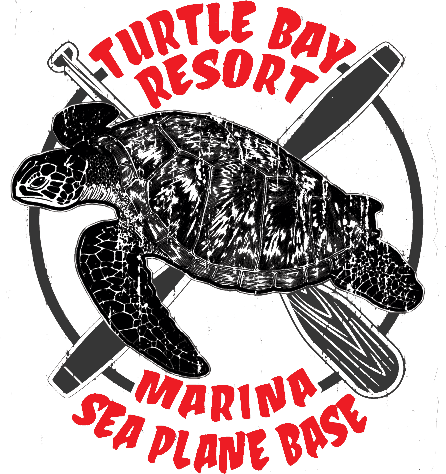Boating Tips
The lake is a fun place to enjoy throughout the summer. When you are out and about on your boat it is important to be mindful of others who are also out to have a good time, both on the water and on shore. How you drive and behave as a tow boat operator can affect others and their time on the lake, and if you keep your neighbours happy your experience will be that much better.
Here are a few ways to be a safe, mindful boater:
1.Pick your spot
Choose a place that is out of the way. While a calm undisturbed patch of water is ideal for waterskiing and wakeboarding, on some days you may not have a whole lot of options. Look for places that are sparsely populated - a piece of crown land or perhaps a long stretch with no cottages. If this isn't an option on your lake be mindful of where you are towing and change spots often to minimize your impact in a single spot.
2. Keep your distance
Canada has strict rules regarding shoreline speeds; there is a fixed speed limit of 10km/h (7mph) within 30m (100ft) of shore to reduce the impact of wakes and noise on the shoreline. The only exception to this rule is when you are pulling a waterskier or wakeboarder off perpendicular to the shore, because in that case the wakes travel outwards rather than on to the shore. Giving more than this distance allows extra space and time for wakes to dissipate before reaching docks and shore. A good general rule to follow is that the larger the wake your boat creates the more space you should allow between your boat and the shore. For sports like wake surfing that create very large wakes it's best to practice in the middle of the lake away from sheltered bays due to the wake size and because the sport is less dependent on calm water.
3. Drive the Bar Bell pattern
Using a bar bell pattern - long straight line with turns on either end - when driving for water sports keeps the lake as calm as possible and minimizes the amount of space you need. This pattern causes your wakes to travel in predictable, outward directions that don't propagate.
When a boat turns its wakes accelerate and propagate, combining into larger wakes that can cause problems for other boaters and cottagers. If your rider falls, come off plane immediately and idle back to pick them up. High speed turns to pick up a downed skier or boarder are not only hazardous, they send out wake and noise in all directions. Slowing down to idle back is both the safest way to pick up a skier or boarder, and the most courteous, ensuring that your wakes are at a minimum, and keeping others on the lake happy.
4. Pick your times.
Be mindful of the time of day when you are wakeboarding or waterskiing. Boats are loud in general and driving at full speed first thing in the morning or at the dinner hour can upset some cottagers. Think about when and where you plan to ride. The truth is, not everyone is going to be as excited to hear your boat at 6am - so if you're heading out early to beat the boats and enjoy a sunrise ski, be sure to pick a spot where the sound of your boat won't wake up your fellow cottagers. The same holds true for the evening when people are settling into a nice dinner on the deck.
5. Be realistic about your abilities.
New wakeboard boats are designed to throw the best-shaped wake for wakeboarding; and the wake can range in size immensely based on the amount of ballast that gets drawn on board. Wake shape is more important than wake size when you are a novice, so if you are just learning to jump the wakes it's not necessary to have the boat loaded completely, in fact, too much weight as you are learning only serves to make riding more difficult and to cost you more in gas at the pumps. In general, you shouldn't start to use the ballast in the boat for wakeboarding until you can successfully jump wake to wake heelside and toeside.
6. Be Respectful.
Don't make waves just for the sake of making waves. Respect that others want to enjoy the lake as much as you do, and do your best to be courteous. Don't pull into a group of moored boats, canoes, or fisherman and start wakeboarding or water skiing. Instead, look for a spot that minimizes your impact. If other boaters move to where you are towing and don't entirely understand how you enjoy the lake, it's not worth a fight. Give them space or politely move to another spot. Be courteous with your music as well. Boat stereos are better than ever, so it's tempting to crank up the volume. Remember, however, that out on the water sound travels clearer and farther. While you may love gangster rap or bluegrass country, not everyone else on the lake does. So keep the volume at a level you can enjoy without blasting the whole lake. Respect is by far the most important tip. When it comes to respect you have to give it to get it - and doing so will go a long way to ensuring every outing is a good one.
Safe and happy towing!



